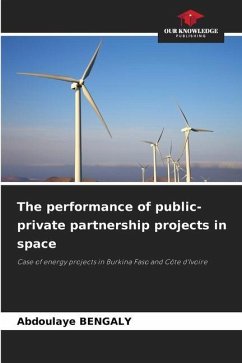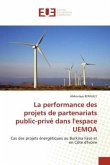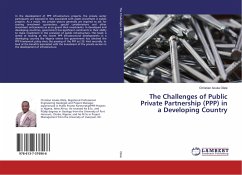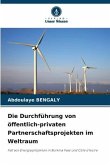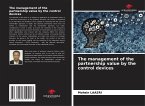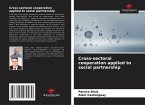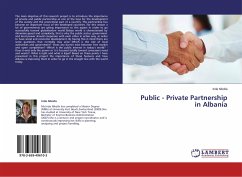The WAEMU region is faced with a lack of energy infrastructure. In a context of financing shortfalls, public-private partnerships appear to be a financing method envisaged by WAEMU countries to overcome this energy deficit. However, the performance of these public-private partnerships is still poorly understood. The general objective of this research is to assess and explain the performance of energy projects carried out under public-private partnerships. The methodology adopted is based on a constructivist epistemological approach and a qualitative approach based on a case study strategy in two countries: Burkina Faso and Côte d'Ivoire. The data is collected through semi-structured interviews with the main actors involved in the PPP projects studied. These data were subjected to categorical content analysis.In perspective, strategic and managerial recommendations are formulated to improve the effectiveness, efficiency, governance and contribution of PPPs to the economic and social development of WAEMU countries.
Bitte wählen Sie Ihr Anliegen aus.
Rechnungen
Retourenschein anfordern
Bestellstatus
Storno

